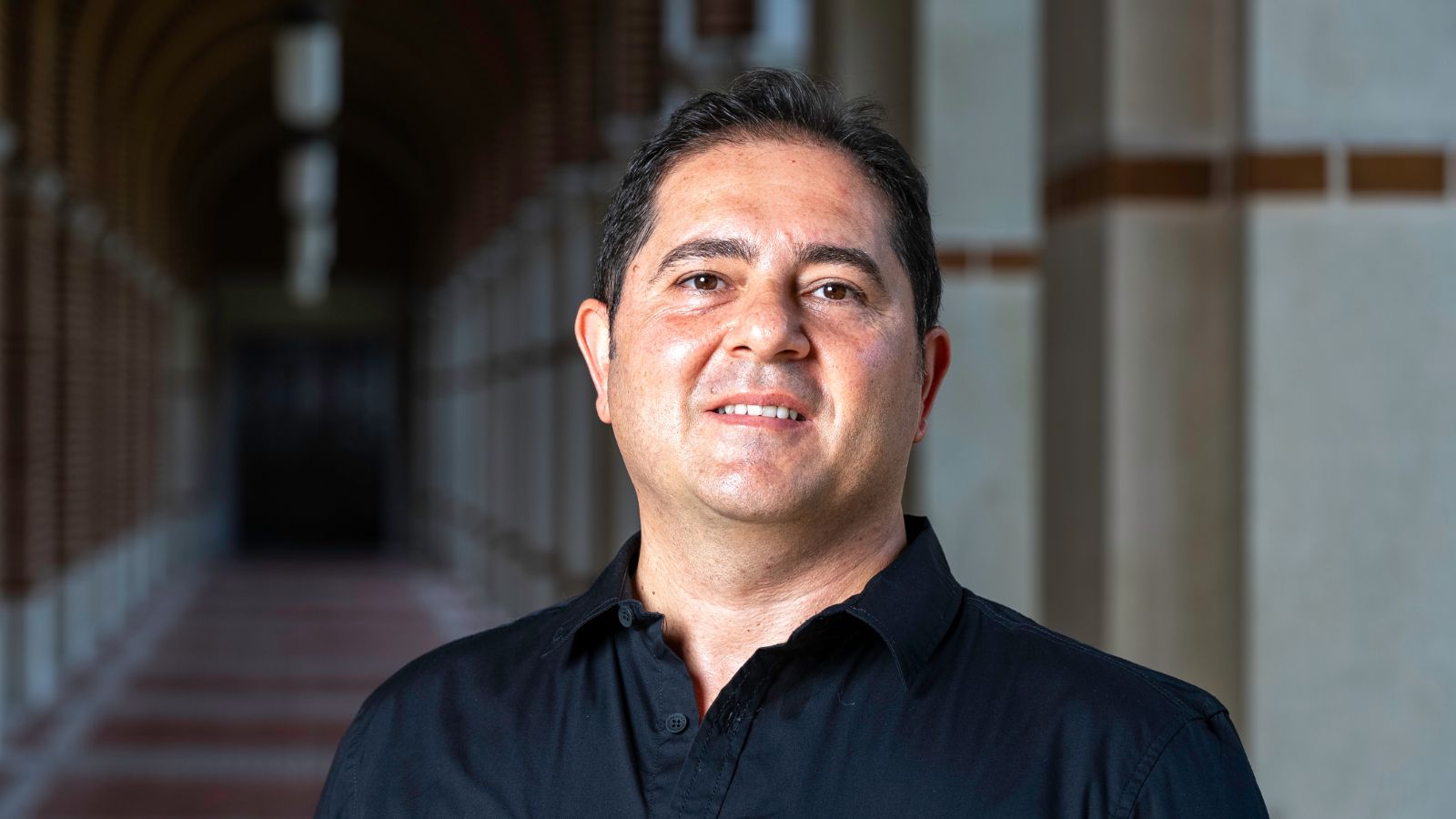“Rice University has always been on my radar,” said computer science lecturer Sinan Kockara. “In my first visa application, I was asked, ‘Why Houston?’ and I immediately replied, ‘Because Rice is there.’ My path may have taken a twist, but here I am at last.”
Despite arriving in one of Houston’s hottest and driest summers, Kockara’s first month at Rice has been all he expected and more.
“In my first Rice undergraduate lecture, the students surprised me by applauding at the end. I am also teaching a graduate level course where the students have impressed with the questions they ask and how they engage with me, the material, and each other,” he said.
Kockara transitioned to Rice from his position as a tenured full professor in the University of Central Arkansas’ Department of Computer Science and Engineering. In addition to his 14 years of graduate and undergraduate teaching experience, he brings a research focus that is both novel for the CS department and overlaps well with that of his new colleagues.
Research focus in medical image analysis and VR surgical simulations
He said, “I'm excited to introduce Rice students to cutting-edge topics in dermoscopic image analysis, building on my history of actively involving undergrads in my research. This hands-on approach will provide them with valuable research opportunities and real-world applications in computer science. I have already started a research project with an undergraduate student here at Rice.
“The Texas Medical Center offers an exceptional environment for someone with my research background. I'm particularly excited about the potential for collaboration and innovation in biomedical image processing and analysis, especially in the context of dermatology. The wealth of medical data and expertise within the TMC provides a unique opportunity to further our understanding of skin conditions through advanced imaging techniques.”
Another of Kockara’s research interests prompted him to create a virtual reality-based surgical simulation in which arthroscopic surgeons can hone their craft. It is a particularly useful environment for residents and early surgeons to continue learning and practicing their tools and procedures. Rice’s long-term relationships with TMC partners may help Kockara more easily identify potential collaborators with deep surgical expertise who are also comfortable using cutting-edge medical technologies.
“Rice’s location at the heart of the TMC and its strong emphasis on interdisciplinary research — combined with the CS department’s reputation for excelling in teaching and research — align perfectly with my own priorities. This makes it an ideal place for me to contribute to CS teaching and advance my research,” said Kockara.
Teaching the next generation of computer scientists
Kockara thrives in the classroom, where teaching allows him to bridge his passion for research with his desire to nurture the next generation of computer scientists. He said it is a gratifying experience to share his knowledge and insights with students and help them develop their skills as well as ignite their curiosity.
“When I see students grasp complex concepts, tackle real-world problems, and embark on their research journeys, it's incredibly fulfilling. Teaching is not just about imparting information; it's about inspiring students to think critically, solve problems, and contribute to the field. In this way, I feel like I'm playing a vital role in shaping the future of computer science by empowering and mentoring the aspiring minds that will drive innovation in the years to come.
“I find working with undergraduate students to be incredibly inspiring. Their enthusiasm for learning and their fresh perspectives often bring a new energy to the classroom. Their curiosity and willingness to explore ideas make teaching a rewarding experience. Interacting with Rice's undergraduates is a source of motivation and joy in my role as an educator and mentor.”
Kockara completed his Computer Engineering degree at Dokuz Eylul University in Izmir, Turkey in 2001 and earned his Ph.D. in Applied Computing from the University of Arkansas in 2008. He has taught introductory CS courses as well as upper-level topics like parallel programming, machine learning, and computer graphics.
As a researcher, Kockara has secured in excess of $2 million in funding from industry partners and organizations like the NIH and NSF. His results have appeared in over 40 publications, accumulating over 640 citations.

